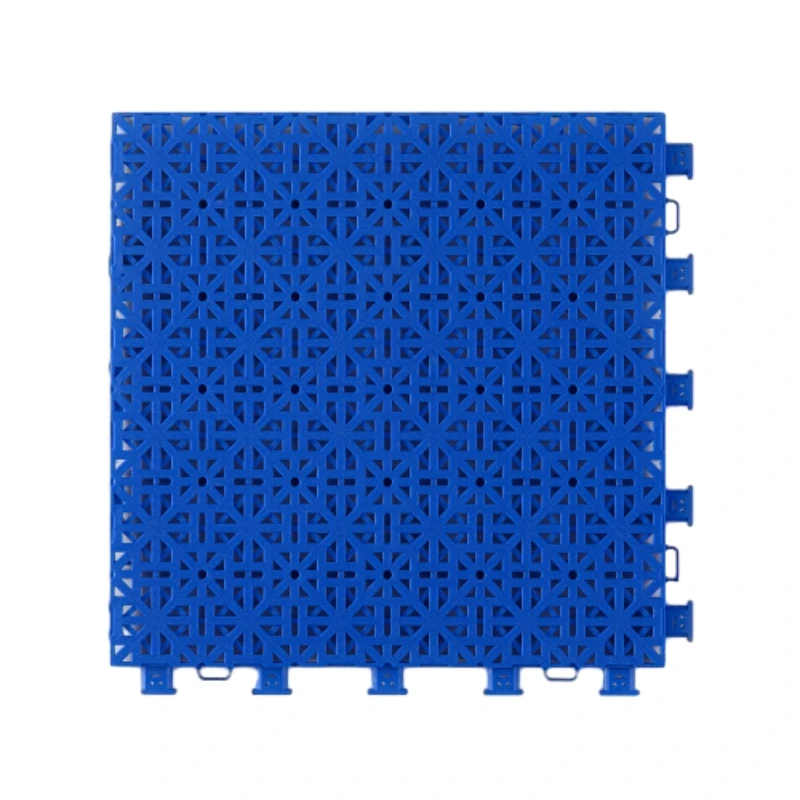- Afrikaans
- Arabic
- Belarusian
- Bengali
- Croatian
- Czech
- Danish
- Dutch
- English
- Estonian
- Finnish
- French
- Georgian
- German
- Greek
- hawaiian
- Hungarian
- Indonesian
- irish
- Italian
- Japanese
- kazakh
- Khmer
- Korean
- Kyrgyz
- Lao
- Latin
- Macedonian
- Malay
- Mongolian
- Myanmar
- Norwegian
- Persian
- Polish
- Portuguese
- Romanian
- Russian
- Serbian
- Spanish
- Swedish
- Tagalog
- Thai
- Turkish
- Turkmen
- Ukrainian
- Urdu
- Uzbek
- Vietnamese
- Zulu
commercial and industrial flooring
The Importance of Commercial and Industrial Flooring
In today's fast-paced world, businesses must create environments that are not only functional but also promote safety and efficiency. One of the most crucial aspects of these environments is the flooring. Commercial and industrial flooring plays a vital role in enhancing operations, ensuring safety, and reflecting the brand's identity. This article delves into the significance of choosing the right flooring for various commercial and industrial applications.
Understanding the Needs of Commercial and Industrial Spaces
Commercial and industrial spaces differ significantly from residential areas in terms of their usage, foot traffic, and the types of activities conducted. Typically, these environments experience higher levels of wear and tear due to heavy machinery, constant movement of personnel, and sometimes exposure to harsh chemicals. Therefore, selecting the right flooring solution is paramount.
Durability and Longevity
One of the primary considerations when choosing flooring for commercial and industrial settings is durability. The flooring must withstand heavy loads, constant foot traffic, and even impacts from equipment without showing signs of degradation. Materials such as concrete, vinyl, and epoxy resin are often preferred due to their robust properties. For instance, epoxy flooring is renowned for its high resistance to chemicals and abrasions, making it ideal for factories or warehouses where spills are common.
Safety First
Safety is a top priority in any commercial or industrial setting. The right flooring can significantly reduce risks associated with slips, trips, and falls. In environments such as kitchens or areas where water is frequently present, slip-resistant flooring is essential. Textured surfaces, rubber flooring, and specially treated coatings can provide the necessary traction to help prevent accidents. Additionally, flooring must be designed to endure the rigors of heavy machinery and equipment, which can change the dynamics of safety considerations.
Aesthetic Appeal
commercial and industrial flooring

While functionality is critical, the aesthetics of flooring should not be overlooked. Commercial spaces often serve not only as functional work areas but also as showrooms for clients and customers. The right flooring can create a welcoming atmosphere that reflects a company's brand identity. For instance, polished concrete can lend a modern and professional look, while luxury vinyl tile can offer warmth and sophistication without compromising on durability.
Cost-Effectiveness
Finding a balance between quality and cost is vital for businesses. Although high-quality flooring solutions may require a more significant initial investment, they tend to offer better long-term value. Durable flooring reduces the need for frequent replacements and repairs, resulting in lower lifecycle costs. Furthermore, energy-efficient flooring options can contribute to lowering utility bills, making them economically advantageous in the long run.
Environmental Considerations
In recent years, there has been a growing emphasis on sustainable practices in all aspects of business, including flooring choices. Many manufacturers now offer eco-friendly flooring materials made from recycled or sustainably sourced materials. Options such as bamboo, cork, and certain types of linoleum not only provide durability but also contribute to a company’s sustainability goals. Choosing environmentally friendly flooring can significantly enhance a brand's reputation while also reducing its carbon footprint.
The Role of Professional Installation
Selecting the right flooring material is just one part of the equation. Proper installation is equally crucial to ensuring longevity and performance. Hiring professionals with experience in commercial and industrial flooring can guarantee that the materials are installed correctly, adhering to safety standards and manufacturer specifications. This minimizes the risk of premature failure and maximizes the return on investment.
Conclusion
In conclusion, commercial and industrial flooring is a fundamental aspect of creating efficient, safe, and aesthetically pleasing work environments. With considerations ranging from durability and safety to aesthetics and cost-effectiveness, businesses must take a strategic approach to their flooring choices. Additionally, by opting for sustainable materials and engaging professional installation services, companies can ensure they make an informed decision that benefits both their operations and the environment. As businesses continue to evolve, investing in the right flooring will remain a key element in fostering productivity and success.
-
Benefits of PP Interlocking Floors for Gym SpacesNewsJul.08,2025
-
Durability Testing for Interlocking Sports Floor TilesNewsJul.08,2025
-
Overview of Tennis Court Flooring MaterialsNewsJul.08,2025
-
Portable Basketball Floor SystemsNewsJul.08,2025
-
Eco-Friendly Badminton Court Flooring OptionsNewsJul.08,2025
-
Durability Testing for PVC Floor Mat RollsNewsJul.08,2025
-
Top Materials Used in Tennis Court FlooringNewsJul.03,2025

